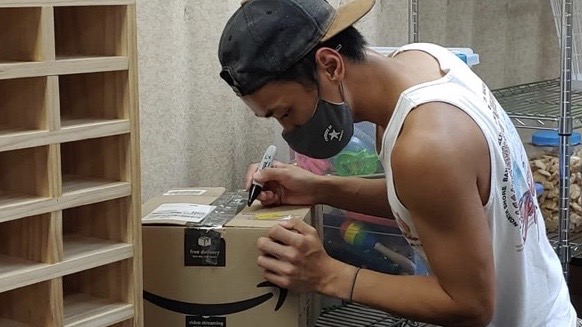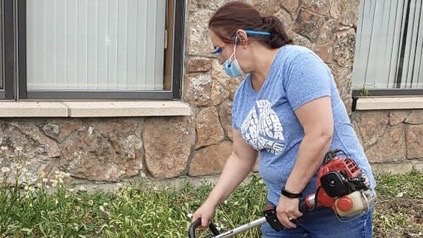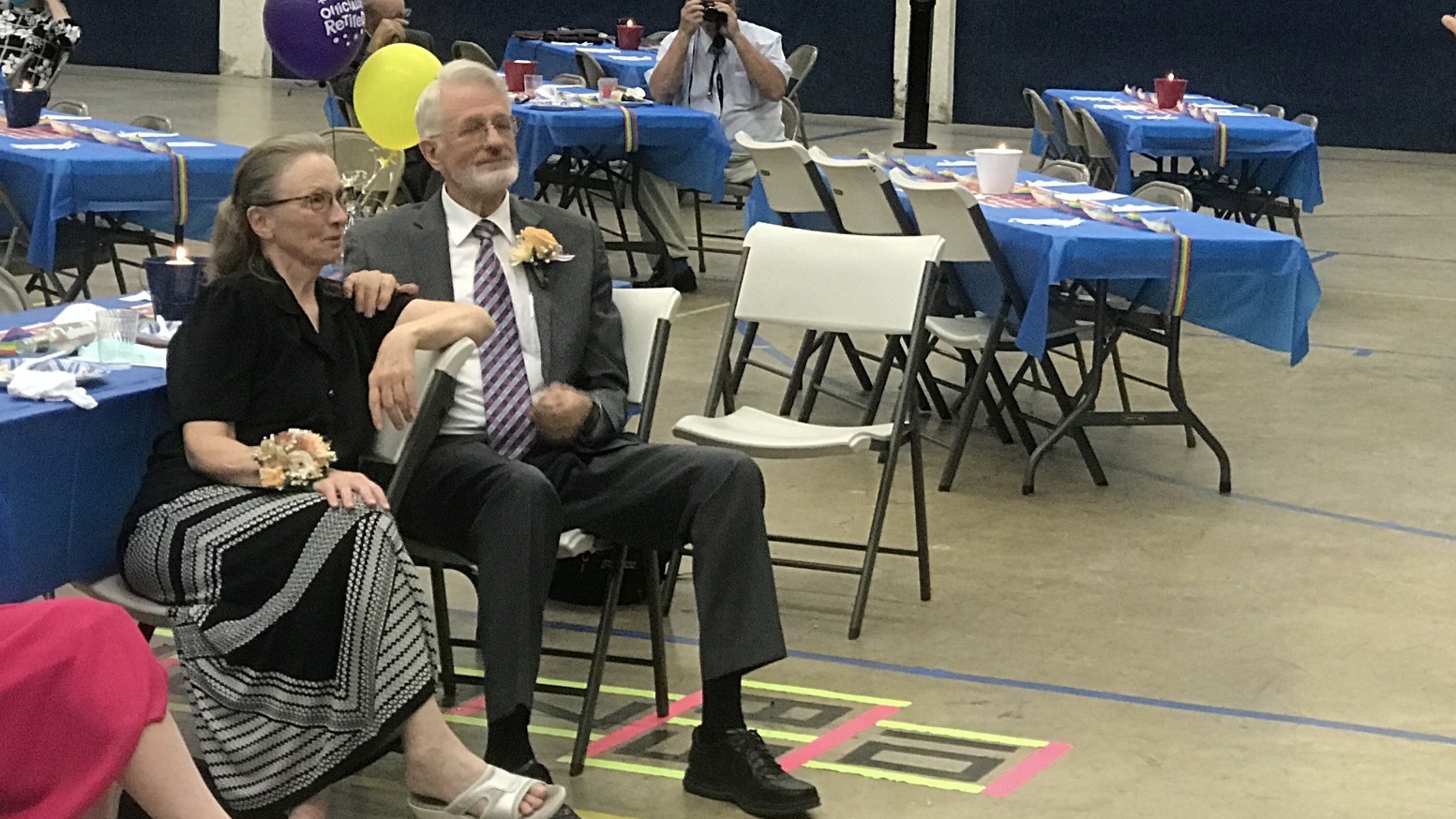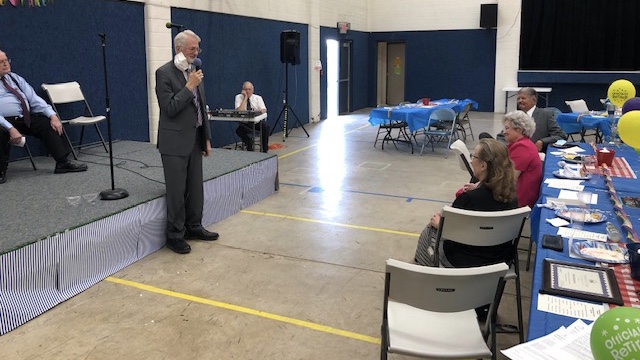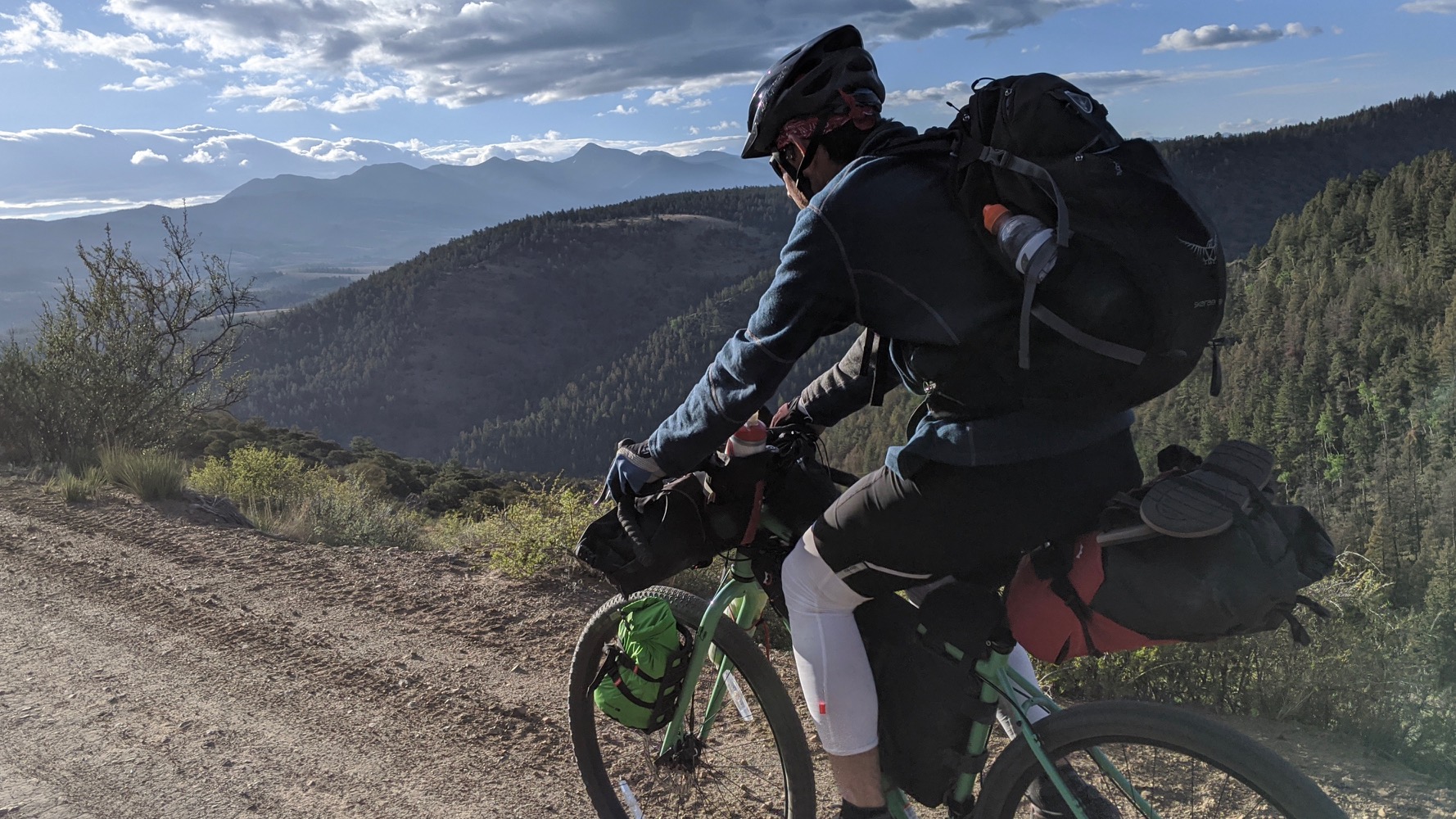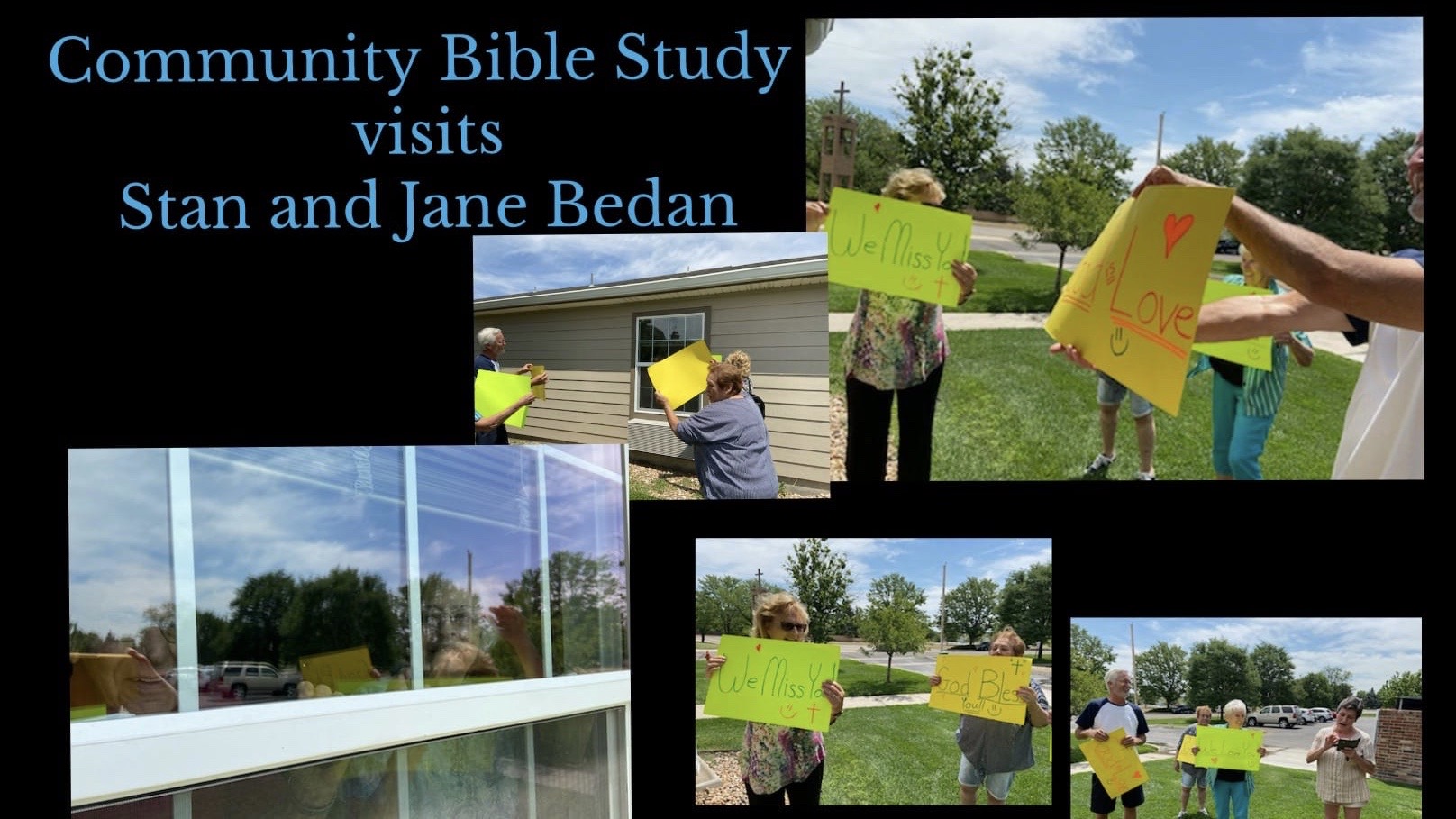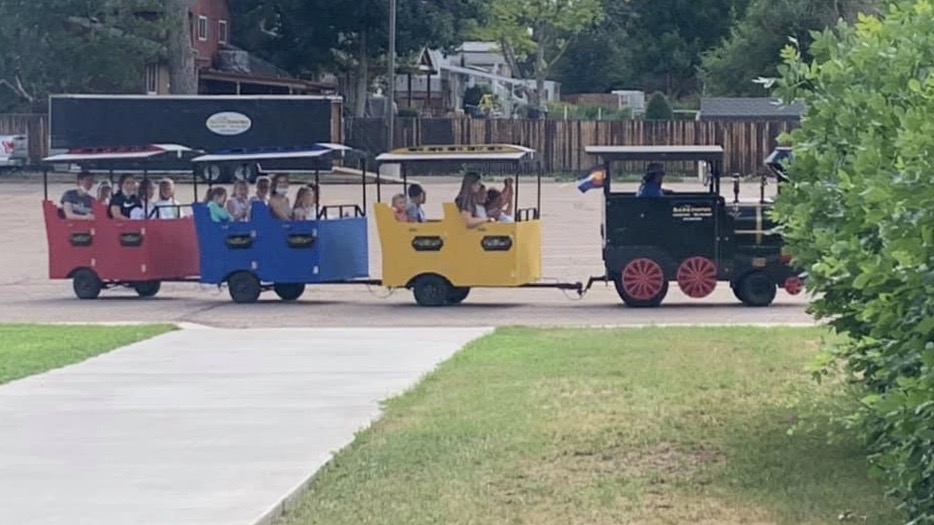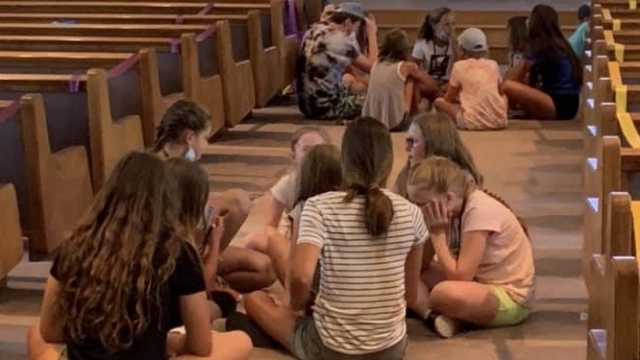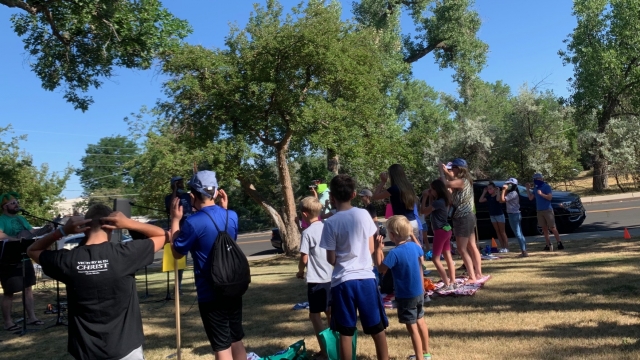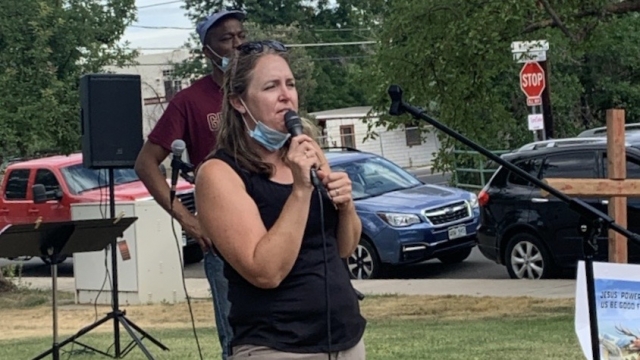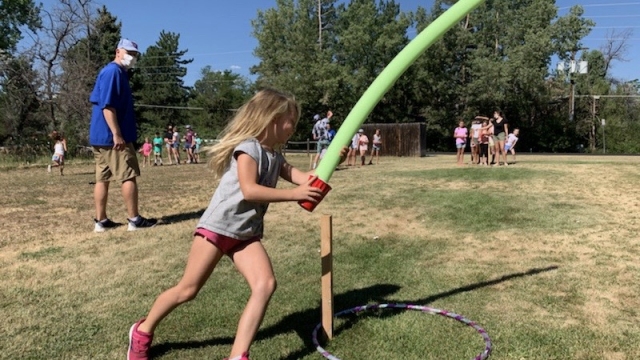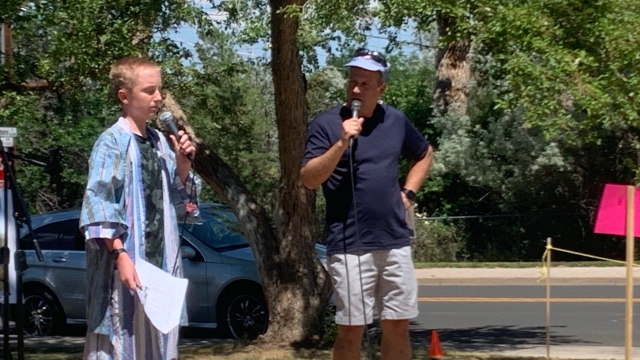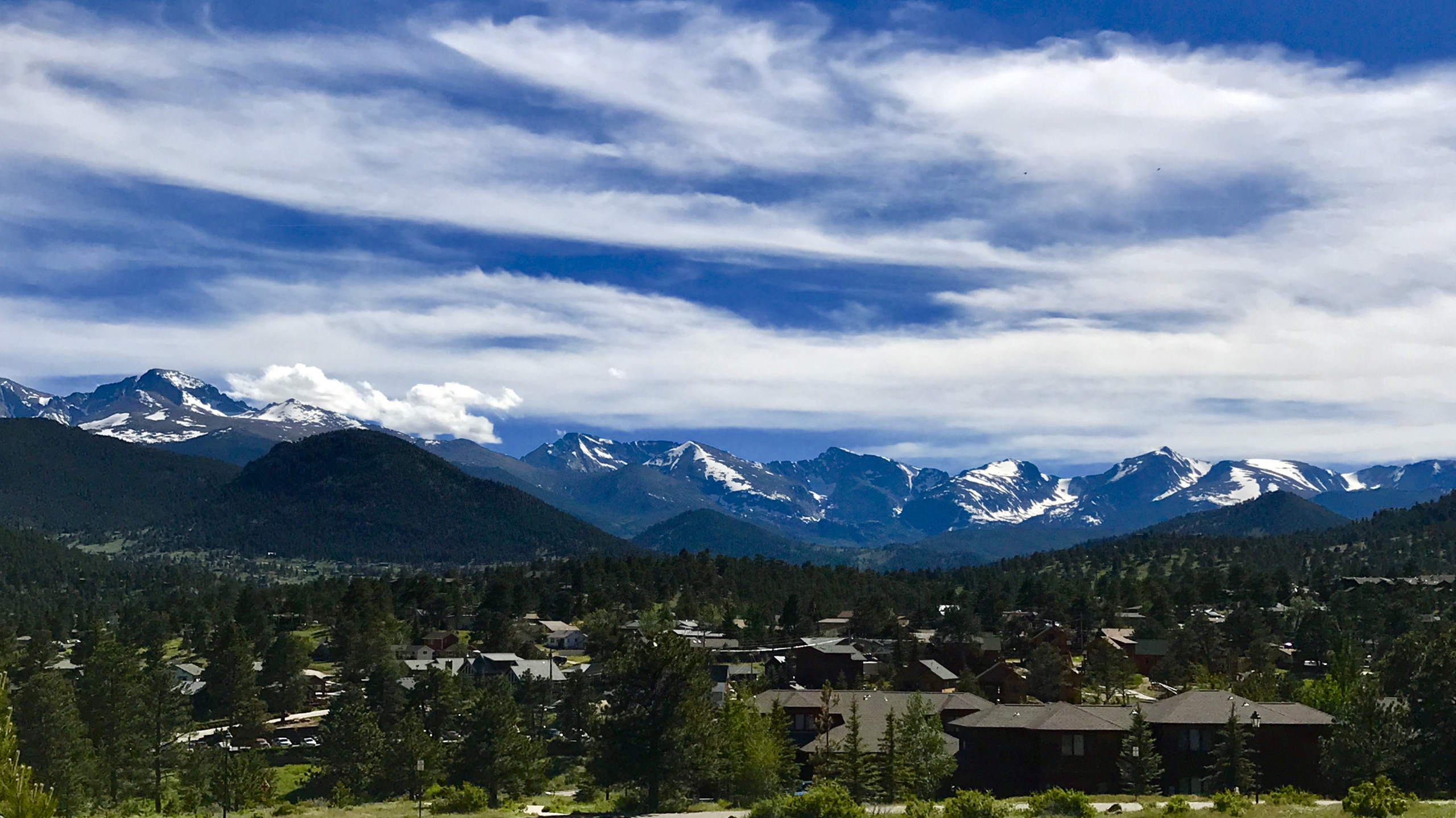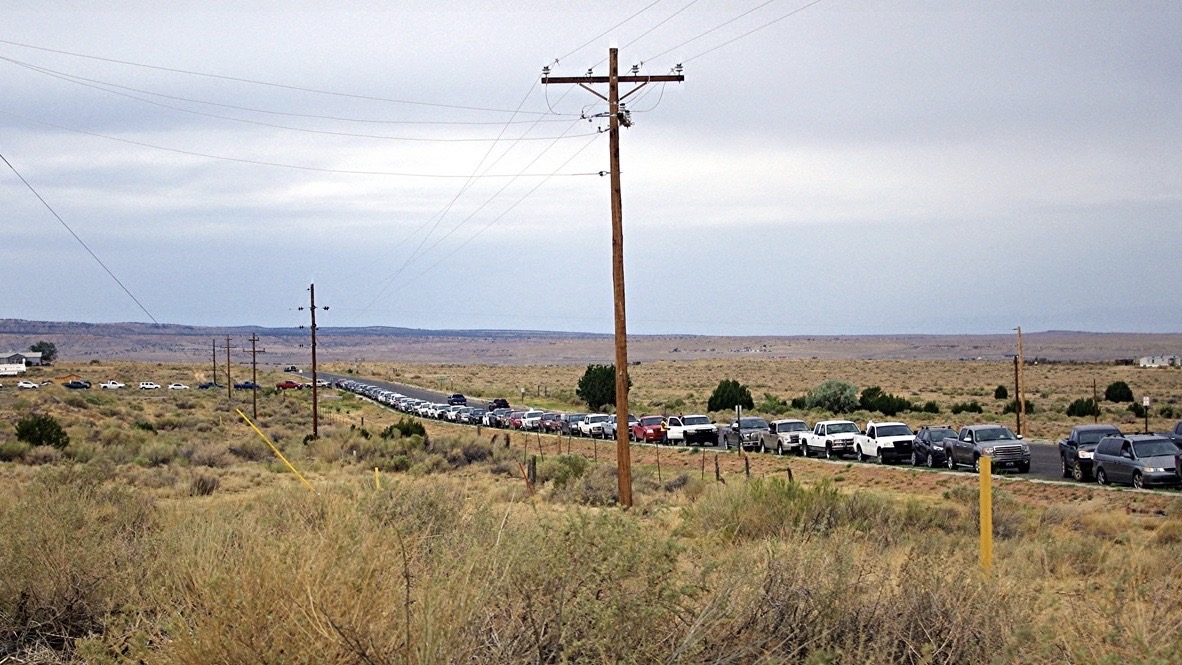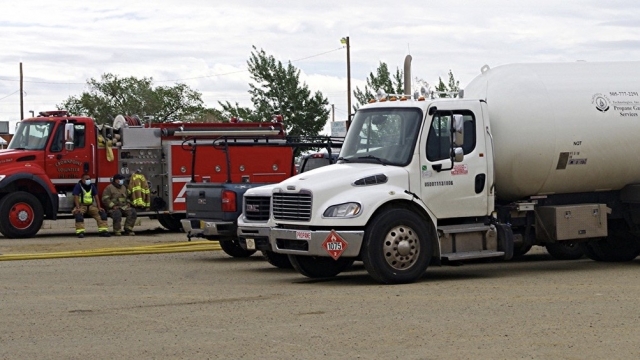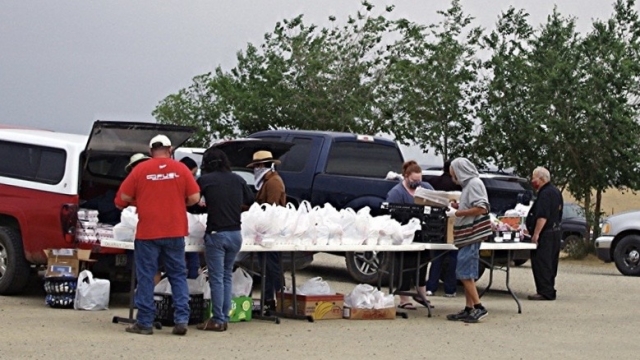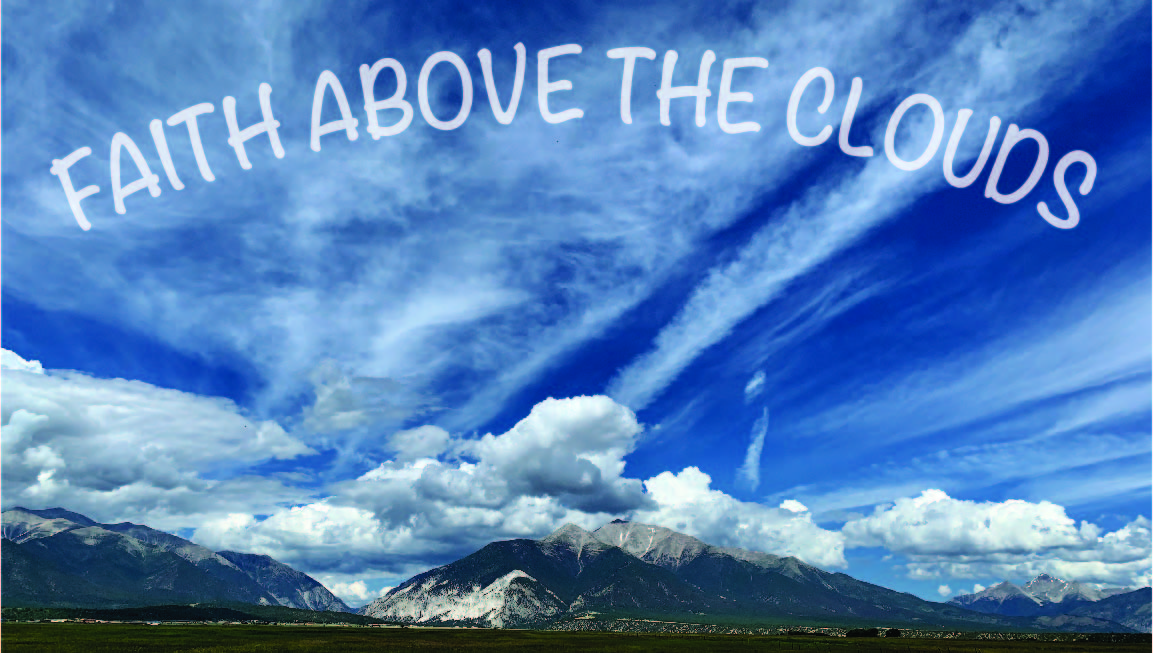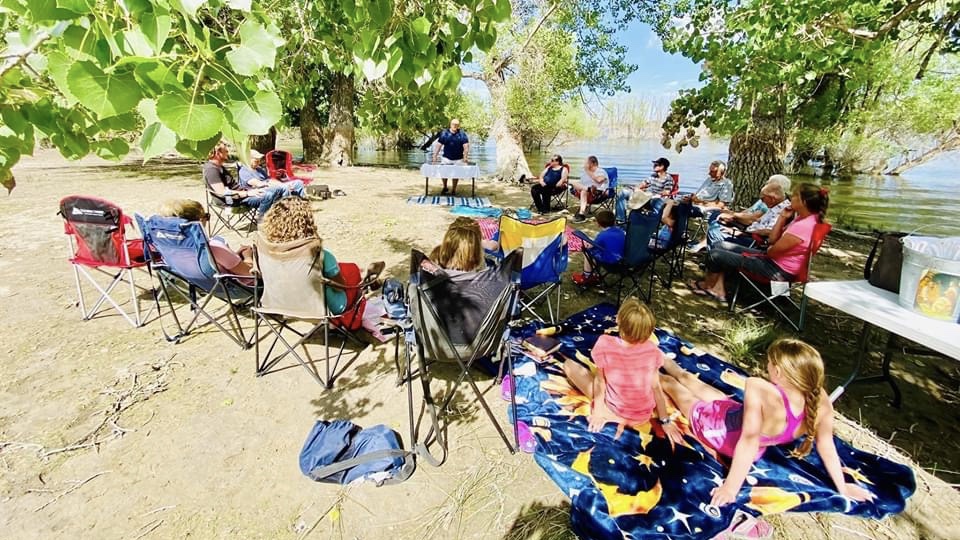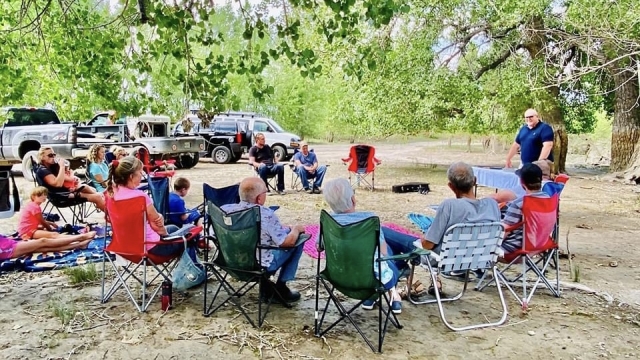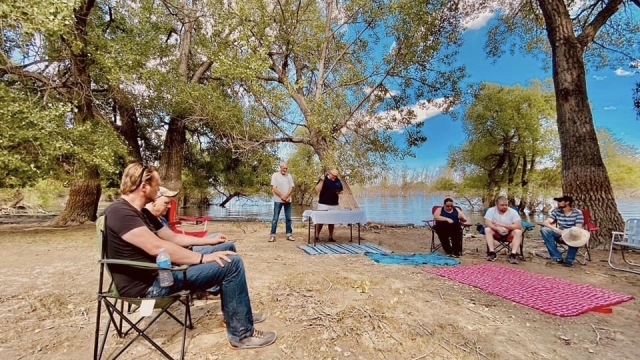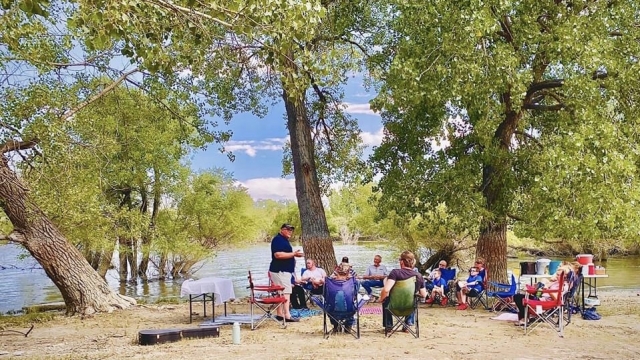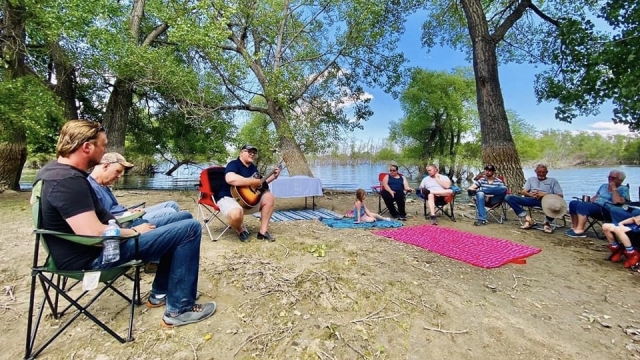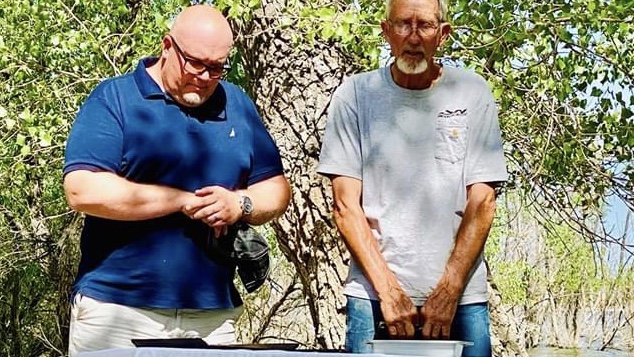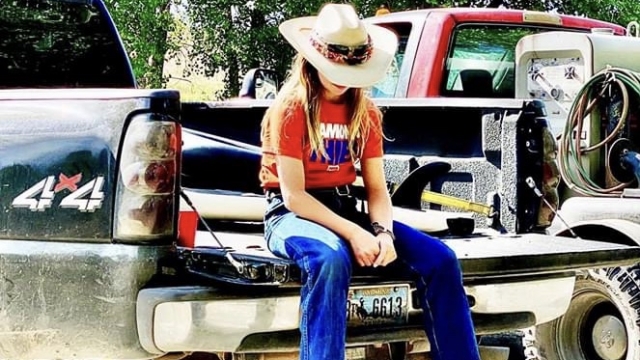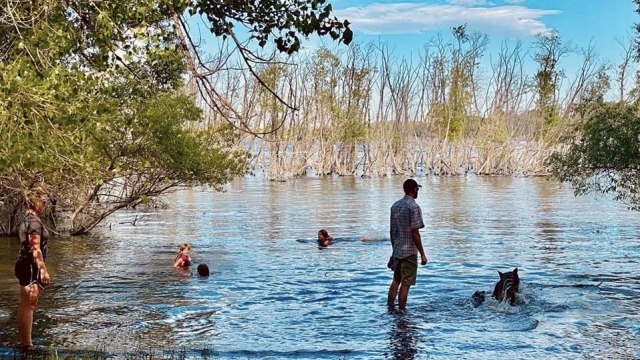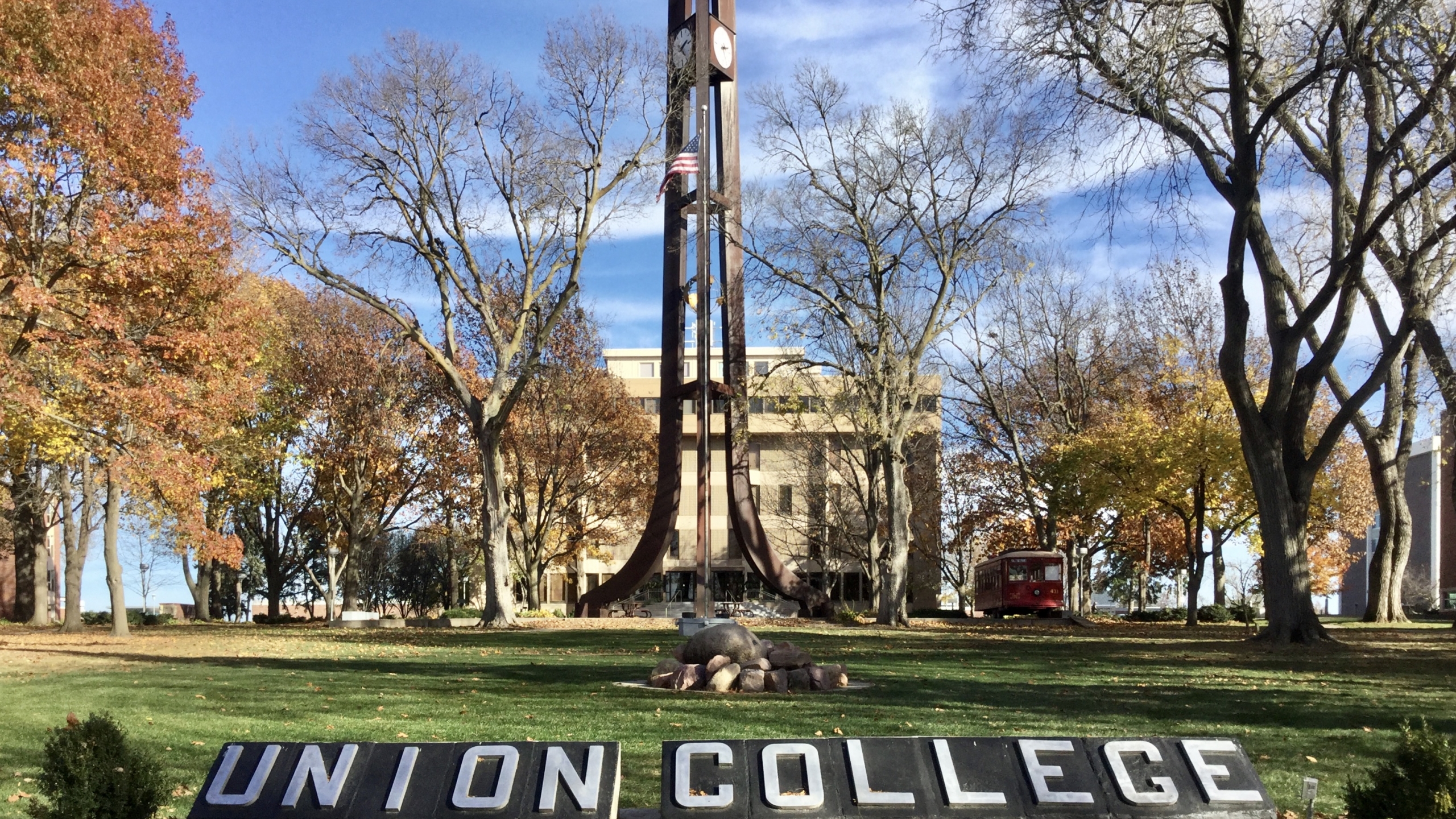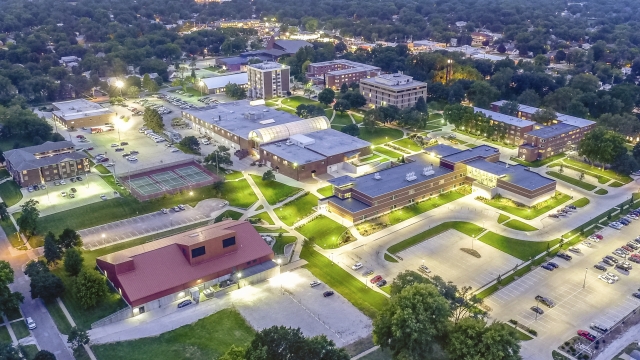Rocky Mountain Conference Officers comment on how the church fared in the past six months and they share their hopes for the church’s new normal.
Ed Barnett, RMC president
Incredible changes have taken place in our Conference in the last four months. They are such changes that will require us to take a new look at how we do church. From a leadership perspective, this offers an opportunity for our Conference and the church itself to carefully and prayerfully look at how we can do church better as we move forward.
In the era of “new normal,” all our congregations have engaged in embracing technology and virtual worship. Looking into the future, we expect to continue live streaming worship services in all churches. It is amazing to see the number of hits some of our churches are getting.
In the last few months, the church mission, including our traditional evangelistic outreach, experienced a pause in many of our plans, but also received a boost with a variety of new methods. Over the years, we have talked about innovation. Now, we are not to engage in the “tried and true,” but must continue to update and retool using new technology and social media to reach thousands of people versus the low numbers we were reaching in the past. And there is more. To effectively reach our publics, we need to rethink the content of our preaching and teaching. Jesus has to be the center of our churches, homes and message.
In recent months, we have been seen an increased interaction with our neighbors as we have responded to their many needs – both physical and spiritual. It is vital that we refocus our public presence and strategize ways to best meet the needs of our communities while sharing Jesus and His love.
Among the biggest challenges in our Conference is the effect of the pandemic on our schools. There will be the required readjustment in how educational programs meet the cognitive, social, and spiritual needs of our students, besides also meeting the financial obligations.
From a management perspective, we must continue to hold more meetings via the Internet versus spending thousands of dollars traveling our vast territory of Colorado, Wyoming and the Northern part of New Mexico. Our new circumstances are calling us to rethink how we conduct large gatherings, including Town Halls and Camp Meetings.
Eric Nelson, RMC VP for administration
Adventist churches within RMC have been challenged to accommodate the health orders of their counties and states, as has the whole country. The goal continues to be maintaining the safety of our members while carrying on ministry by the local church. How creative our churches have become during this time. There have been added burdens of setting up safeguards to keep distance, masks and safety protocols to ensure that we have a safe environment for our church members to gather even in a limited manner. Some have taken to worshiping outdoors weather permitting allows since there is more space and attendance can be increased. All of these scenarios create challenges for our churches and for their worship.
Many of our pastors, at the beginning of the outbreak, were conducting evangelistic or outreach services. They had to switch nimbly to an on-line format. In some cases, their attendance increased. In the same manner, some have seen more people attending their online worship than were attending when they met in the sanctuary. We praise the Lord for the resources of computer and internet that provide tools that can meet this challenge. Thankfully, restrictions did not stop a number of baptisms, and new methods are already being mission effective, such as giving Bible studies by phone or online.
All churches will continue to adjust to the restrictive health challenges they are working under. In some cases, that means continuing to offer multiple services or live-streaming or the use of a format that reaches those not comfortable attending in person due to health, age or preference. Ways are being explored to develop or maintain personal interaction and contact with these individuals beyond a short contact by computer. Ministry is challenged to connect under these circumstances.
While regulations and restrictions were implemented within the Conference, several churches welcomed new pastors in Colorado and Wyoming during the beginnings of the Covid-19 challenge. Some districts were divided and absorbed into other districts as an efficiency and cost-saving measure.
But the mission of RMC has not changed, even though methods are new and different. Innovation and creativity are welcome, as is the flexibility shown by our members and pastors. They have stepped up to this challenge in a large measure and are striving to do their utmost to carry on the mission to “Know Christ and make Him fully known” to church members and their communities.
George Crumley, RMC VP for finance
Who would have thought back in February that a virus spreading overseas could so quickly spread to our country and completely change the way we worship, work, recreate, and socialize? Because of its impact, it has left collateral damage that continues to affect the church, society, and the economy.
Because of current uncertainties, it is difficult for our schools to project what will happen in the fall and thus feel comfortable with their future budgets. The result is a natural financial conservatism which is appropriate, given the circumstances. This is just one of the many challenges our schools are facing.
Within the Conference, our base tithe has been down by a bit over three per cent so far this year. Because of this, we have frozen all hiring for new positions within the conference, voted not to provide the July 1 cost-of-living pay increase for employees and are emphasizing careful management of departmental expenditures. We are thankful at this stage that the tithe decrease is not lower, and we are grateful to our members for being faithful even in the face of uncertainty. So, we also appreciate our schools being conservatively watchful as we proceed through this year and budget in the fall for next year.
Through all of this, we can be thankful. Because of technology, we have continued to worship together, learn together, work together, socialize together and return our tithes and offerings to support the mission. None of this could have been done very easily just a few years ago.
We can all look forward to being back together for prayer, study, learning, working and socializing. I have been reminded through all of this, of the importance of our freedoms, God-given freedoms we should never take for granted.
–RMCNews

